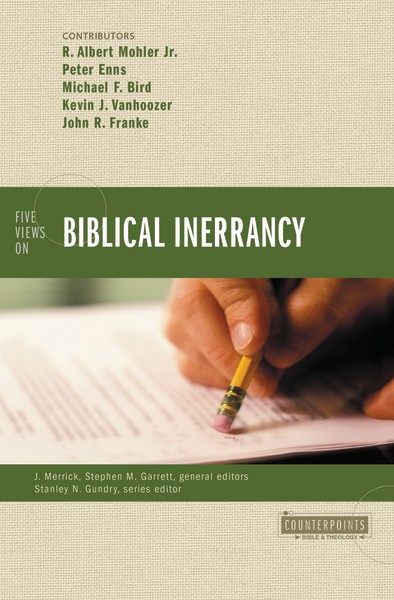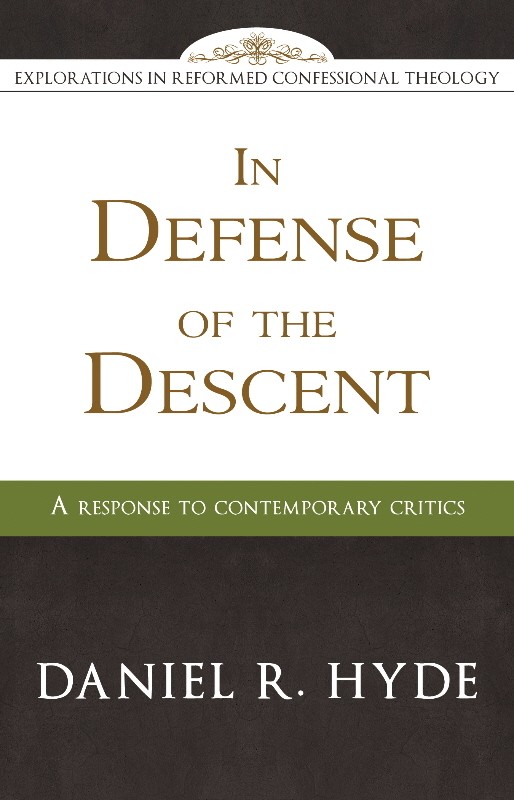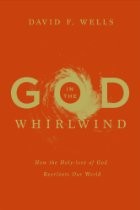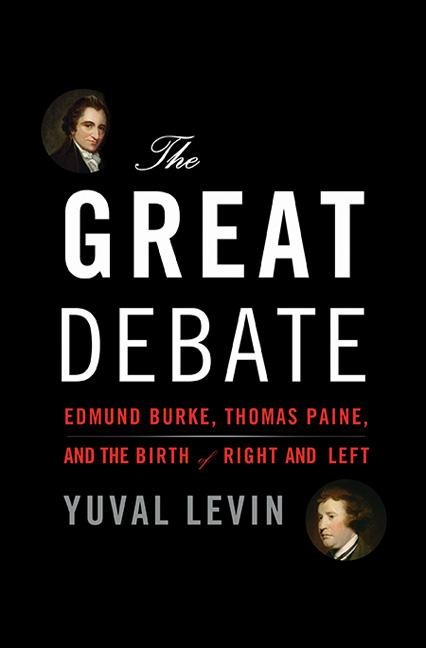Book Briefs
February 12, 2014J. Merrick and Stephen M. Garrett, eds., Five Views on Biblical Inerrancy (Zondervan 2013) – A frustrating book, as these multiple view books tend to be. The most interesting exchanges were those among those who have the highest views of Scripture: Mohler, Bird, and Vanhoozer. How these three handle the text is likely very similar on most texts. The difference is that whereas Bird and Vanhoozer want to guard against the danger of an ill-informed or under-nuanced view of inspiration, Mohler wants to guard against a downgrade in the doctrine of Scripture itself.
Daniel R. Hyde, In Defense of the Descent: A Response to Contemporary Critics (Reformation Heritage Books 2010) – Should we really keep saying “descended into hell” when reciting the Apostles’ Creed? Wayne Grudem and others argue no. Danny Hyde gives us a number of good reasons for yes. Please read this book before dumping the descent from your confession of faith.
David F. Wells, God In the Whirlwind: How the Holy-love of God Reorients Our World (Crossway 2014) – My blurb: Part biblical theology, part systematic theology, and part cultural reconnaissance, this is a powerful work that my generation–really any generation–cannot afford to ignore. After years of pointing out the shallowness of evangelicalism, this is Well’s masterful summary of what should be our depth, our ballast, our center.”
Dante Chinni and James Gimpel, Our Patchwork Nation: The Surprising Truth about the “Real” America (Gotham Books 2011) – Of course the subtitle over-promises. This is not a mind-blowing book. But it is interesting. Despite the limitations of their method (which, as they realize, only goes so far as the county level), the authors do offer a more compelling analysis than simple Red State-Blue State metrics allow. You will enjoy reading about the 12 community types, finding where your town lies, and then saying “Yeah, but.”

Sean Michael Lucas, Robert Lewis Dabney (P&R Publishing 2005) – Dabney is a polarizing figure: either the great hero of Reformed theology and traditional society or the racist defender of slavery fiercely loyal to the Confederacy. Lucas does a superb job navigating these choppy waters. What you end up with is a scholarly, yet readable account of a serious Christian with serious flaws. Both friends and foes of Dabney should find reason to rethink their easy conclusions from this biography.
Yuval Levin, The Great Debate: Edmund Burke, Thomas Paine, and the Birth of Right and Left (Basic Books 2014) – Akin to Thomas Sowell’s Conflict of Visions, Levin shows how issues like justice, nature, history, order, and reason can be understood very differently. Although himself a man of the right, this is not a partisan book. Levin’s analysis is evenhanded and judicious. In fact, one of the startling conclusions is how Burke and Paine would upset some scruples of their own “side.” If you are at all interested in our political debates, or find your opponents helplessly dim-witted, read this book.
P.G. Wodehouse, Jeeves and the Feudal Spirit (Arrow Books 2008 [1954]) – A sheer delight. To wit: “All this nonsense you have been talking, trying to reconcile me and D’Arcy. Not that I don’t admire you for it. I think it’s rather wonderful of you. But then everybody says that, though you have a brain like a peahen, you’re the soul of kindness and generosity.” To which Bertie muses: “Well, I was handicapped here by the fact that, never having met a peahen, I was unable to estimate the quality of these fowls’ intelligence, but she had spoken as if they were a bit short of the grey matter, and I was about to ask her who the hell she meant by ‘everybody’, when she resumed.”
This content was originally published on The Gospel Coalition




